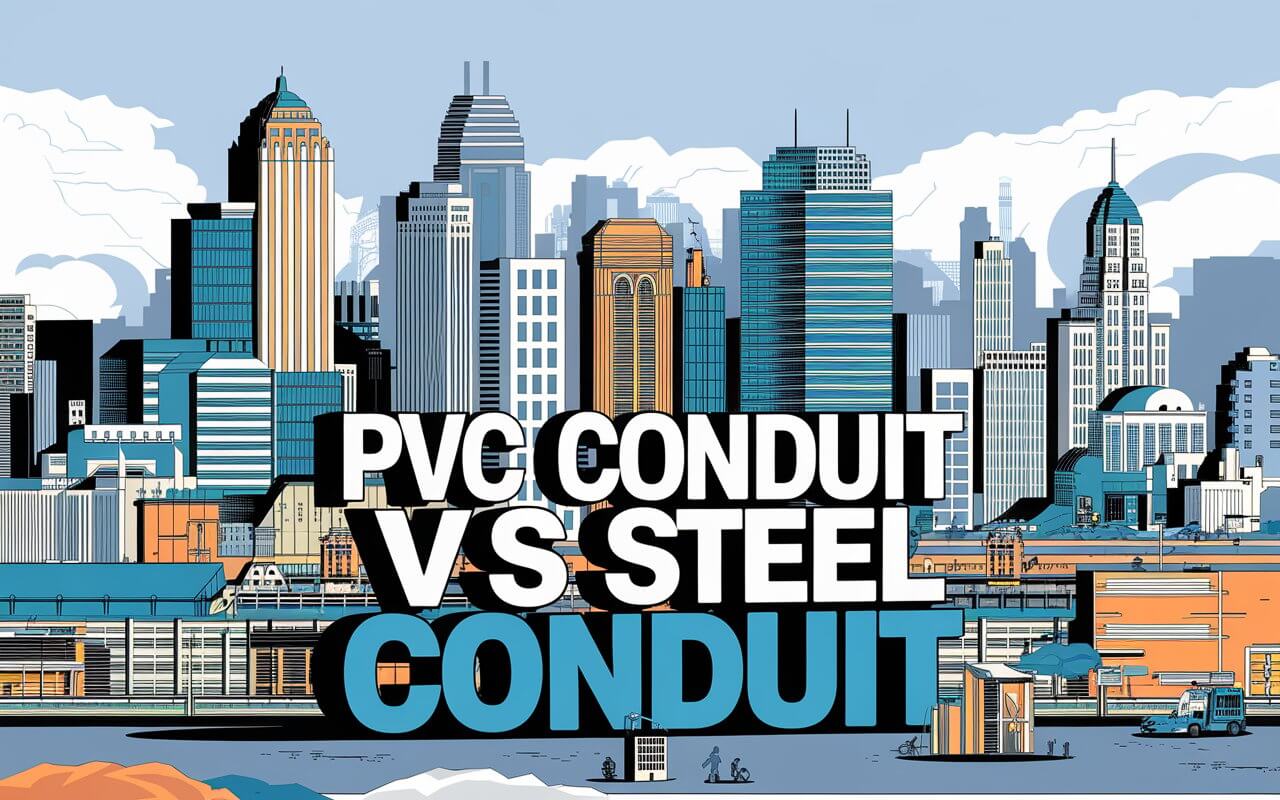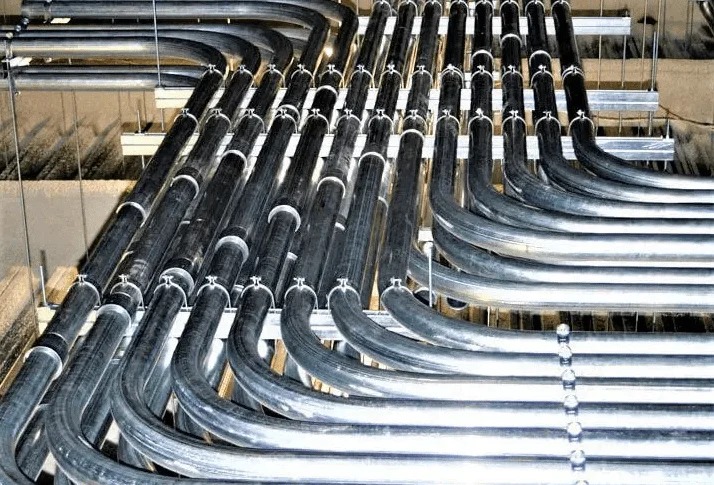PVC vs. Steel Conduit PipesElectrical conduit pipes are an essential component of any electrical installation, providing a protective housing for wires and cables that help to ensure safety and efficiency. When it comes to choosing the right conduit material, however, there are many factors to consider. Two of the most popular options are PVC conduit pipes and steel conduit pipes. In this article, we’ll explore the advantages and disadvantages of each and help you determine which is the better choice for your project.
Introduction
PVC conduit pipes are made of polyvinyl chloride, a durable, lightweight plastic that is resistant to corrosion and chemicals. Steel conduit pipes, on the other hand, are made of galvanized steel, which is known for its strength and durability. Both materials have a long history of use in electrical installations, but they differ in many ways.
Advantages of PVC Conduit Pipes
PVC conduit pipes offer several advantages over steel conduit pipes. For one, they are much lighter in weight, making them easier to install and transport. They are also corrosion-resistant and do not require coatings or treatments to protect against rust or degradation. PVC conduit pipes are also cost-effective, making them an attractive option for contractors and builders. Additionally, PVC conduit pipes are available in a wide range of sizes, shapes, and colors, allowing for greater flexibility in design.
Real-world examples of successful PVC conduit pipe installations include underground wiring, outdoor lighting, and indoor electrical installations.
Advantages of Steel Conduit Pipes
Steel conduit pipes, meanwhile, offer their own set of advantages. They are incredibly strong and durable, making them ideal for applications that require extra protection or that are subject to extreme conditions. Steel conduit pipes are also fire-resistant, providing an added layer of safety. They are also well-suited for high-traffic areas, where they can withstand heavy use and abuse.
Real-world examples of successful steel conduit pipe installations include power plants, oil and gas refineries, and other industrial facilities.
PVC vs. Steel Conduit Pipes: Which is Better?
The choice between PVC and steel conduit pipes ultimately depends on your specific needs and circumstances. PVC conduit pipes are an excellent choice for most electrical installations, as they are lightweight, cost-effective, and easy to work with. They are also highly resistant to corrosion, making them ideal for outdoor or underground applications.
Steel conduit pipes, on the other hand, are best suited for heavy-duty applications that require added strength and durability. They are also fire-resistant, making them an excellent choice for high-risk environments. However, they are more expensive and can be more difficult to install than PVC conduit pipes.
结论
When it comes to PVC vs. steel conduit pipes, there is no clear winner. Both materials offer unique advantages and disadvantages, and the choice ultimately depends on your specific project requirements. At Ctube, we are a leading PVC conduit manufacturer, offering high-quality electrical PVC conduit that meets industry standards and is backed by our expert team. Contact us today to learn more about how we can help with your next electrical installation project.











